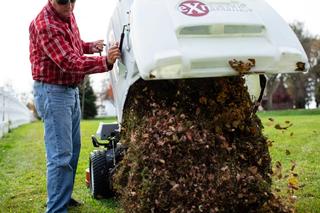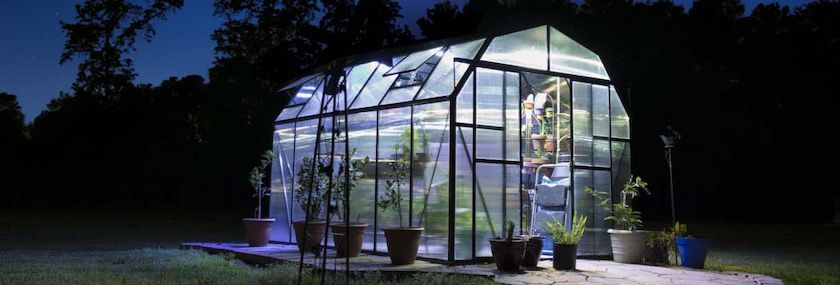Food Preservation Tips


You work hard to raise safe, wholesome foods—which can include successful hunting trips—so careful food preparation and storage will help you enjoy apples, pumpkins, jerky and other foods all winter long.
What do you need?
If you are lucky enough to live in a sunny, low humidity area, many foods can be left loosely covered in the sunshine to dry—think of drying bundles of herbs in the rafters.
Otherwise, look no farther than your oven. Set it at 140° F.—no higher—and crack the door so moisture can escape. Place your foods thinly on trays and check temperature every two hours.
Far easier is a home dehydrator, which is thermostatically controlled, but appropriate for only small batches. Be sure to rotate food trays as those closest to the heating source will dry out first.
If you are serious about preserving the foods you raise, look to freeze-drying. These devices produce foods that can last literally for years, not months.
Packaging and storing
You should think “small” and “tightly sealed.”
Pack cooled, dried foods in small amounts in dry, scalded glass jars (dark is best) or in moisture- and vapor-proof freezer containers. Avoid metal cans which can react with some foods.
Moisture reabsorption and the insects that follow are your enemies. Seal lids onto containers. Wrap the lid edge with a plasticized, pressure- sensitive tape or clean or go old style with a one-inch cloth strip dipped in melted paraffin. Bags may be vacuum evacuated, heat-sealed, or closed with twist ties, string or rubber bands.
Keep accessible
Label each container, identifying the product, date, and method of pretreatment and drying. Store in a cool, dry, dark place—a root cellar is best.
Properly dried vegetables keep well for six to 12 months and freeze-dried items can keep for years.
For more information:
Freeze-drying equipment
harvestright.com
The National Center for Home Food Preservation
nchfp.uga.edu
Preservation tips
lehmans.com/category/food-preservation
Tags:Seasonal Living

Acreage Life is part of the Catalyst Communications Network publication family.
















